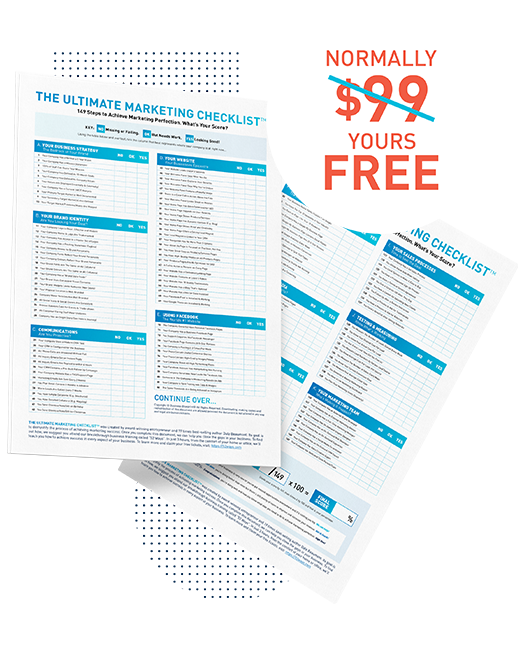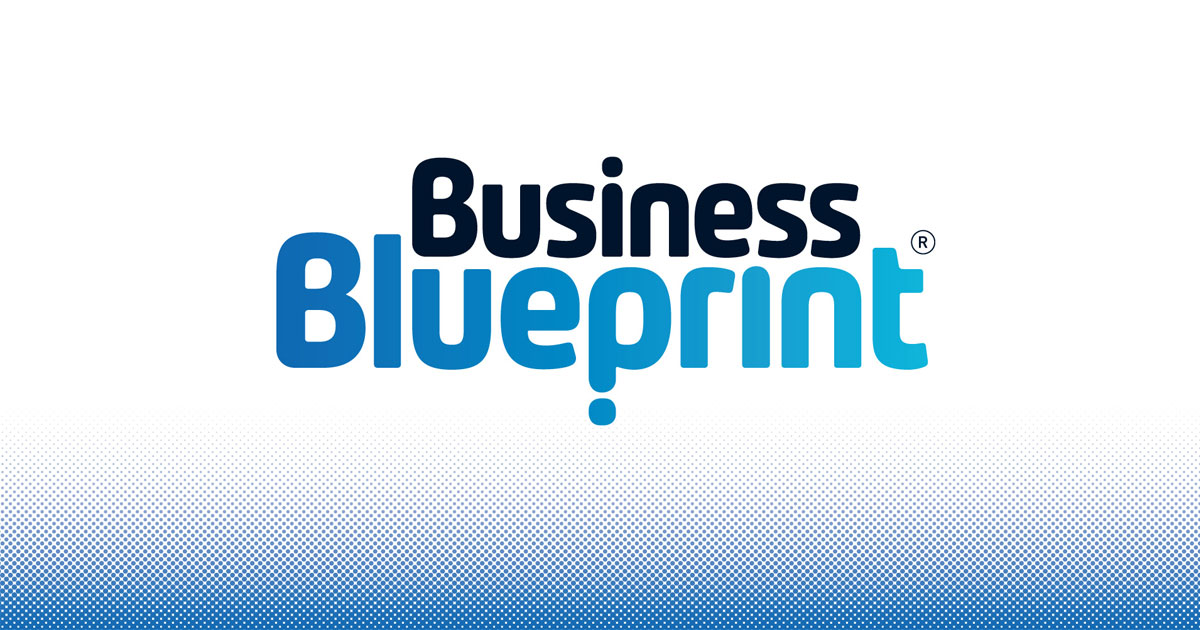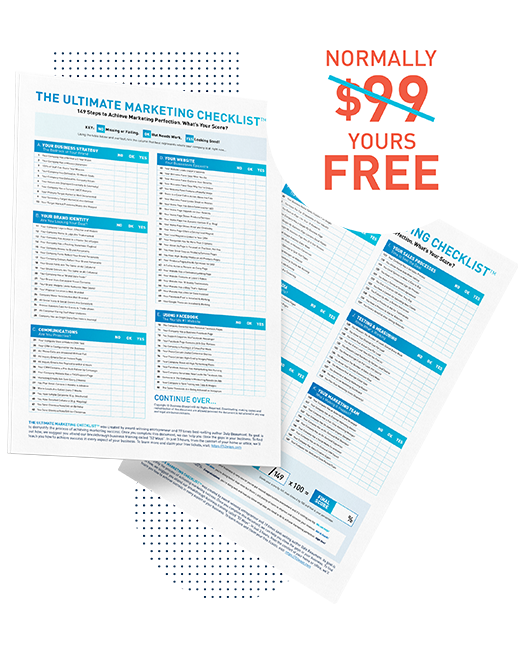In order to effectively negotiate, research must be done. There is no question about it. Find out what kind of research must be done for negotiation in this segment from an interview between Dale Beaumont and Wayne Berry.
In 1979, Wayne founded Wayne Berry Associates, a sales training company, which became one of Australia’s leading seminar promoters bringing some of the world’s most famous speakers to Australia, New Zealand and South-East Asia, including James Rohn, Earl Nightingale, Dr Denis Waitley, Brian Tracy and many others.
To negotiate effectively, what research should be done prior to the interaction?
Here are some of the important things to research before negotiating:
- What’s your own bottom line (the point at which it is better to walk away)?
- What’s the worst possible outcome that might occur and can you live with it?
- What’s the most ideal outcome for you?
- What outcome do you feel the other party might want and can you check this in some way?
- Can your ideal outcome and their ideal outcome be achieved at the same time? If so, how?
- If your ideal outcome and their ideal outcome are not compatible, how far apart are they?
- How might you both move toward a mutual win-win outcome?
- What items are on your ‘must have‘ list? Could you live without these?
- What items are on your ‘like to have‘ list?
- What items are on your ‘nice to have, but you could do without’ list?
- What is the likely perceived value of these items by the other party? High or low? What is the actual cost to you? High, low or nothing?
- What items might they ask for that they could probably do without? (They might ask for them simply to trade them as concessions later on.)
- What might their ‘real intentions‘ be behind any likely demands?
- Is there some other way of satisfying those ‘deeper needs‘ other than agreeing to the demands which may not be possible for you?
- How can you make the other party feel that they have ‘won‘?
- What issues do you want this next meeting to focus on?
- Are there some issues that would be better spoken about later?
- What is your timetable? Do you have a deadline? Is it real or imagined? Can it be shifted if necessary?
- What is their likely or stated timetable? Do they have a deadline? Is it real or imposed to pressure you? It is sometimes easier to renegotiate a deadline upfront rather than later on.
For more of this interview and negotiation research check out “Secrets of Top Sales Professionals Exposed!“





